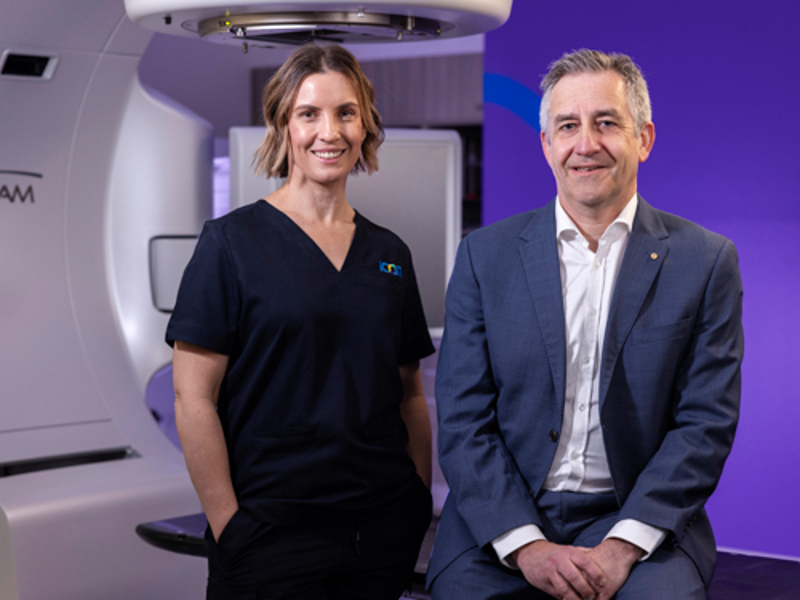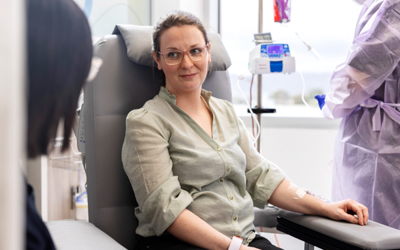What are appetite and taste changes?
A change in taste and smell is a common side effect during or following cancer treatment. These changes can impact your appetite and as a consequence your food intake. Normal taste and smell usually returns two to three months after your treatment finishes.
What causes these changes?
Changes to your taste and smell are often associated with:
Head and neck radiotherapy
Certain chemotherapy drugs, particularly platinum based compounds (e.g. Carboplatin and oxaliplatin)
Stem cell transplantation which includes high dose chemotherapy +/- total body irradiation
Administration of medications which alter taste or smell
Poor oral hygiene
Current infection of the mouth
Dry mouth
Dentures
Advancing age
Smoking

What are the signs and symptoms of appetite and taste changes?
Taste and smell changes may occur within hours of treatment and can include:
Reduced or lack of ability to taste sweet, sour, bitter or salty substances
Increased taste sensitivity
Altered taste sensations, usually a metallic taste
Increased sensitivity to smells
A change to your eating patterns, including reduced food intake
How can appetite and taste changes be prevented or managed?
Good nutrition, or giving your body the food it needs to keep working properly, can help you cope better with the effects of cancer and treatments. It can give you more energy, make you feel less tired and maintain your wellbeing.1 There are a number of things you can do to help reduce the impact of appetite and taste changes:
Perform good oral hygiene before and after meals
Use plastic utensils if food tastes metallic
Experiment with alternative foods and tastes – add herbs, spices and flavourings to foods to enhance taste, marinate meats in sweet juices, chew gum or suck lollies to disguise metallic taste, eat more savoury based foods such as cheese and biscuits, soups, scrambled eggs
Drink more water with meals
Avoid smells that exacerbate nausea and vomiting
Try small, frequent, high protein, high energy meals
Rinse your mouth several times a day with a mild mouth rinse (half teaspoon of salt to one glass of water (200ml) water or one teaspoon of sodium bicarbonate (baking soda) to one glass (200ml) water)
Consider strategies to help you quit smoking
Talk to a dietitian who can support you to manage your diet
Every patient is different, please discuss your own personal situation with your treating doctor.

Common side effects from chemotherapy
Appetite and taste changes
Anaemia Bleeding and low platelets (thrombocytopenia) Constipation Diarrhoea Feeling emotional Flu-like symptoms Hair loss Hand foot syndrome Infection Infertility Lymphoedema Mouth sores or ulcers Nausea and vomiting Peripheral neuropathy Sexual dysfunction Skin and nail changesReady to discuss your care?
We’re here to support you through your treatment. Get in touch with us for more information about our centre and the services we offer.




